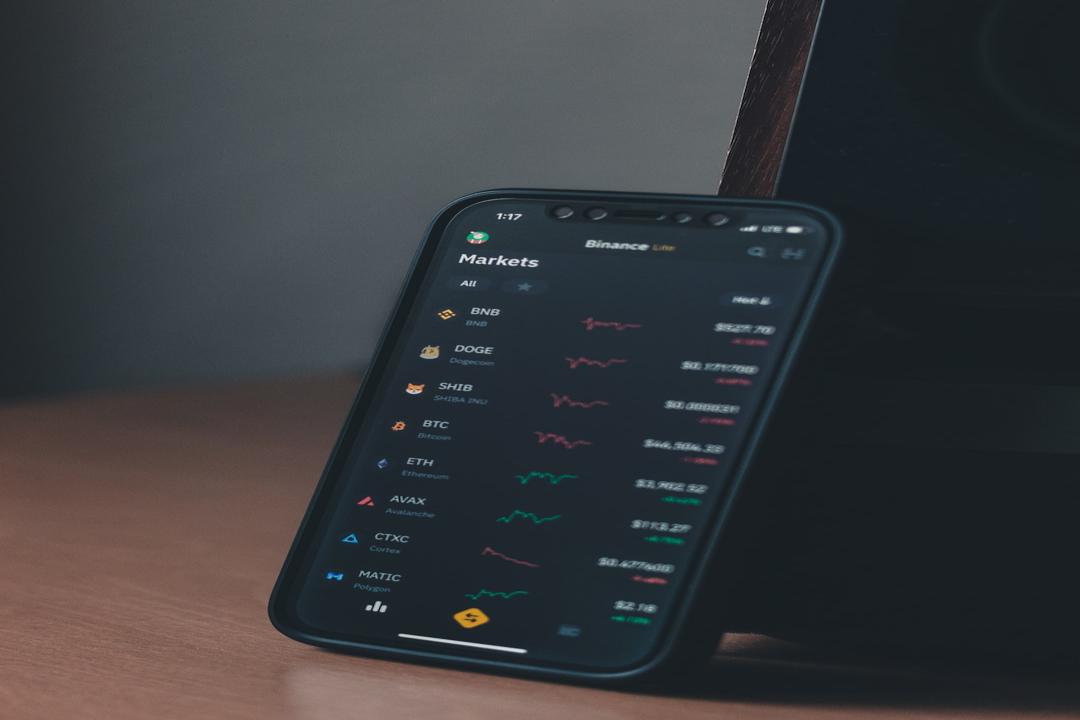S&P Global Ratings has revealed that a new bill focused on stablecoins, introduced to the United States Senate, could incentivize US banks to enter the stablecoin market. The Payment Stablecoin Act, proposed on April 17, could potentially cause trouble for non-US entities like Tether, which issue stablecoins. S&P Global Ratings describes stablecoins as a crucial element of financial markets and cites BlackRock’s BUIDL fund as evidence of their efficiency and enhanced settlement security. The Lummis-Gillibrand Payment Stablecoin Act suggests implementing a $10 billion issuance limit on non-bank stablecoin companies, banning unbacked algorithmic stablecoins, and requiring stablecoin issuers to hold cash or cash-equivalent reserves. If approved, the bill could give banks a competitive advantage by restricting non-bank institutions to a maximum issuance of $10 billion. This could pose challenges for Tether, the largest US dollar-pegged stablecoin issuer with a market cap of $110 billion. As Tether is issued by a non-US entity, it would not be considered a permitted payment stablecoin under the proposed bill. S&P Global Ratings suggests that this could reduce demand for Tether and increase demand for US-issued stablecoins. The use of stablecoins like Tether is predominantly outside of the US and is driven by transactions in emerging markets, retail activity, and remittances. Senator Kirsten Gillibrand, who introduced the bill, believes that passing a regulatory framework for stablecoins is essential for maintaining the dominance of the US dollar, promoting responsible innovation, protecting consumers, and combating money laundering and illicit finance. However, the bill has faced criticism from crypto advocacy organization Coin Center, which argues that banning algorithmic stablecoins would be bad policy and a violation of the First Amendment.

